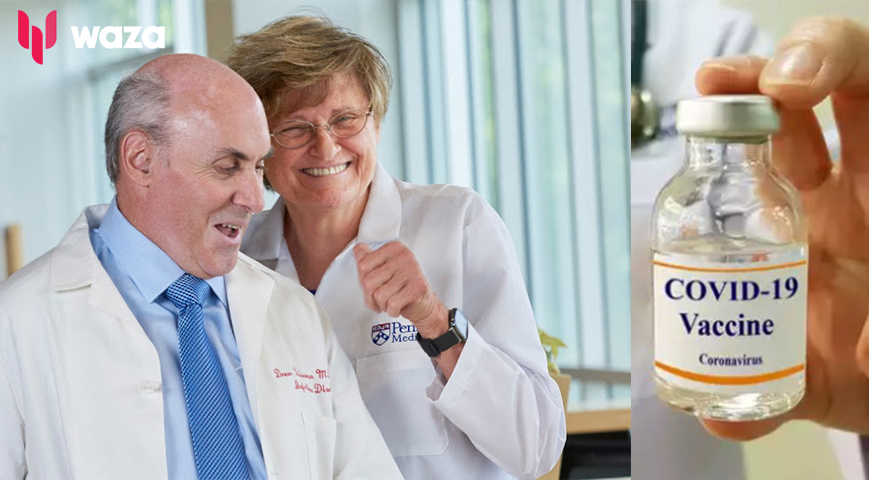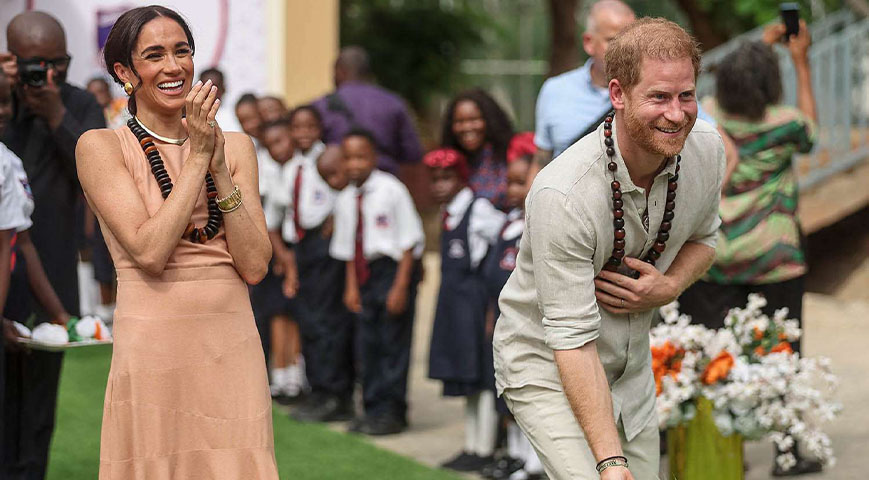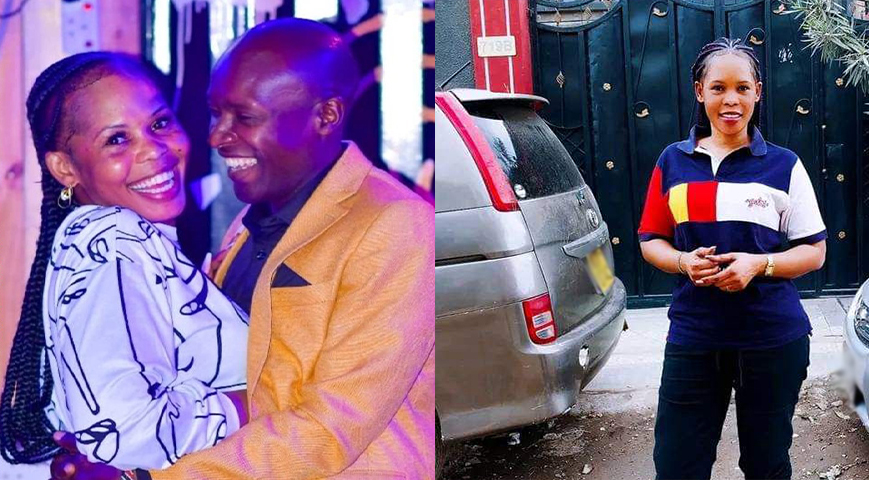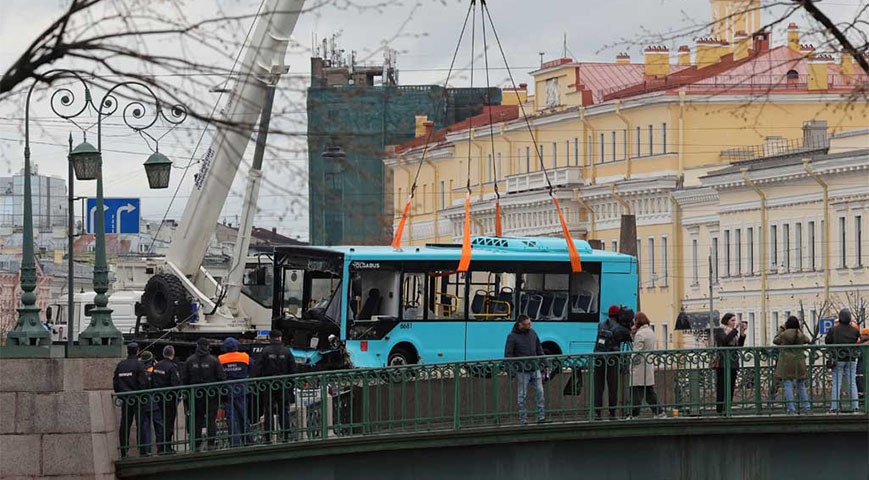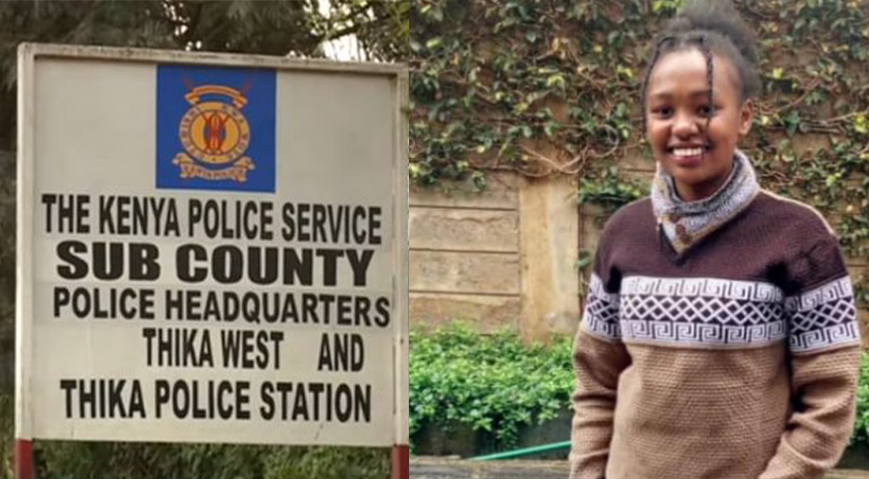The 2023 Nobel Prize for Medicine was awarded on Monday to Hungarian researcher Katalin Kariko and American colleague Drew Weissman, who first met while waiting in line for a photocopier and then collaborated on research on the mRNA molecule that led to the development of COVID-19 vaccines.
In its most recent recognition of the duo, the Swedish award-giving agency stated, "The laureates contributed to the unprecedented rate of vaccine development during one of the greatest threats to human health in modern times."
The Karolinska Institute Medical University in Sweden's Nobel Assembly selected the award, which is among the most renowned in the scientific community. It carries a cash prize of 11 million Swedish crowns (about $1 million) to be split among the winners.
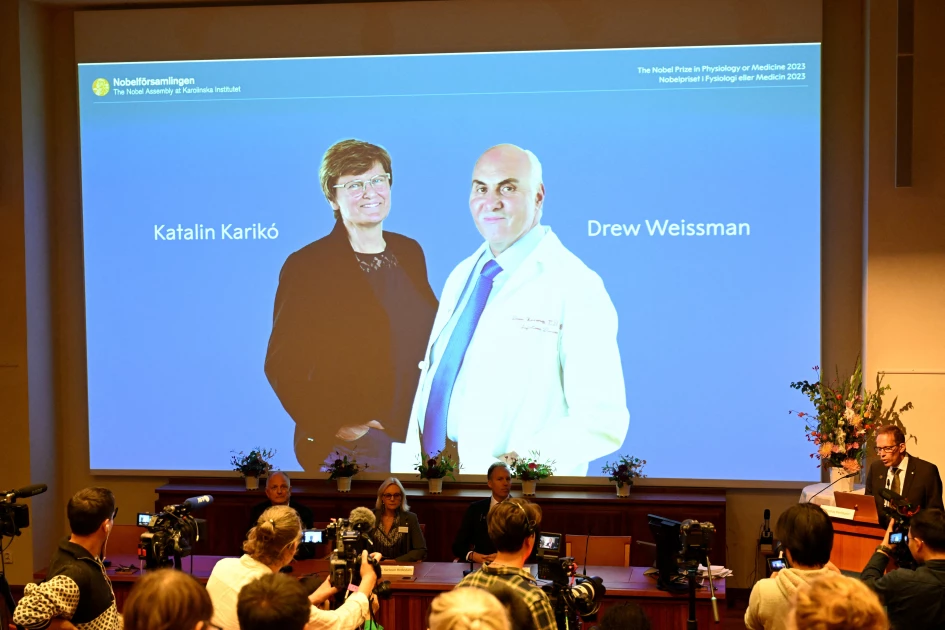
Prior until 2022, Kariko served as senior vice president and director of RNA protein replacement at BioNTech. Since then, she has served as an advisor to the business. She also teaches at the Perelman School of Medicine at the University of Pennsylvania and the University of Szeged in Hungary.
Did you read this?
Professor of vaccine research at the Perelman School, Weissman.
The two laureates worked together to create "nucleoside base modifications," which prevent the immune system from attacking lab-made mRNA and were previously thought to be a significant barrier to any therapeutic use of the technology.
In June, German biotech company BioNTech reported that about 1.5 billion people worldwide had gotten their mRNA shot, co-developed with significant pharmaceutical company Pfizer.
Early this year, the European Medicines Agency (EMA) stated estimates that coronavirus vaccines saved an estimated 20 million deaths worldwide in just the first year of the epidemic. The most often administered COVID shots in the Western world were the mRNA vaccines produced by BioNTech and Pfizer.

The Nobel laureates demonstrated in 2005 that modifications to nucleosides, the molecular letters that form the genetic code of the mRNA, can conceal the mRNA from the immune system.
"This year's Nobel Prize recognizes their basic science discovery that fundamentally changed our understanding of how mRNA interacts with the immune system and had a major impact on society during the recent pandemic," said Rickard Sandberg, a member of the Nobel Assembly from the Karolinska Institute.
“Together they have saved millions of lives, prevented severe COVID-19, reduced the overall disease burden and enabled societies to open up again.”
A natural molecule known as messenger RNA, or mRNA, was first identified in 1961 and functions as the body's recipe for making proteins. It was commercially pioneered during the pandemic to use synthetic mRNA to direct human cells to produce therapeutic proteins, which was previously thought impossible.
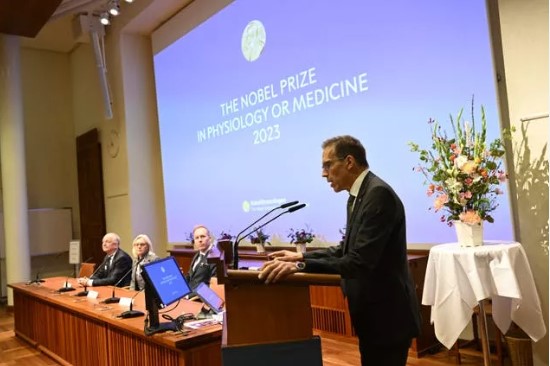
The approach represents a drastic departure from current biotech medications, produced in sophisticated reactors by living cells that have undergone genetic modification before being extracted and purified.
In contrast, messenger RNA functions like software that may be administered intravenously and instructs human cells to produce certain proteins.
Potential applications include cancer treatments and rabies, influenza, and malaria vaccinations.
The first of this year's honors, the medical prize, will be announced soon, followed by the other five.
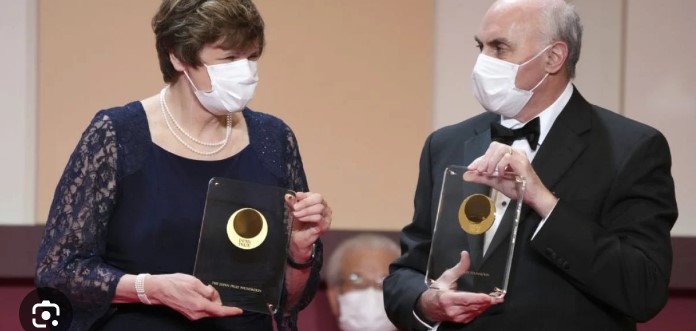
The Nobel Prizes were established in 1901 by Swedish dynamite inventor and affluent businessman Alfred Nobel. They are given out for accomplishments in science, literature, and peace, with economics included in later years.
On December 10, the anniversary of Nobel's passing, the Swedish king will bestow the awards at a ceremony in Stockholm following a spectacular supper at city hall.
The Nobel Prize in Medicine was given to the Swede Svante Paabo last year for mapping the DNA of the extinct Neanderthal, a relative of modern humans, and for uncovering a previously undiscovered human ancestor, the Denisovans.
Other previous winners include Karl Landsteiner in 1930 for discovering human blood types and Alexander Fleming, who shared the 1945 prize for discovering penicillin.

